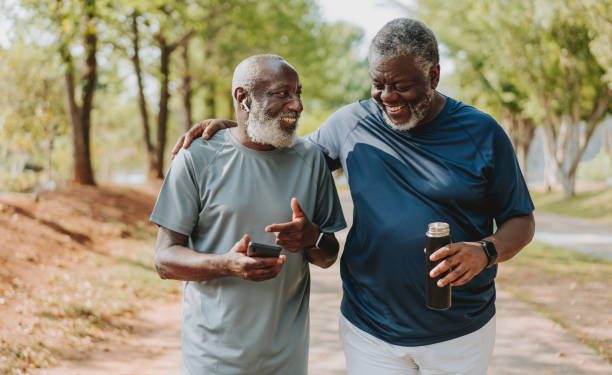Every few weeks, a conversation about men’s struggles resurfaces online, usually sparked by a post describing how overlooked men feel in moments that centre women, like childbirth. One viral take recently lamented how everyone pampers the new mother, while the man, despite sharing in the experience, receives little emotional attention.
Of course, childbirth is physically and emotionally demanding for women. Yet, what stood out wasn’t the truth of that, it was the framing. Who are these people showing up for the new mother? Mostly women. So, was the man expecting the same women supporting his wife, cooking, cleaning, holding the baby, to now split that care with him too? Often, in caring for the mother and child, they are indirectly caring for him as well.
This leads to a deeper question: why weren’t his male friends doing for him what those women did for his wife?
When women speak about their challenges, men often respond, “But men suffer too.” And yes, men do. But who is stopping men from voicing their experiences? Who is preventing them from building the same solidarity networks women have built?
Across the world, women fight tirelessly for equality, justice, and safety. They create movements, lead campaigns, and celebrate one another. Meanwhile, men rarely band together to demand justice for male survivors of abuse, better mental health support, or freedom from restrictive gender norms.
Male suffering exists. But too often, it only surfaces as a rebuttal to feminist conversations. Men interrupt stories of gender-based violence with “men get abused too,” yet stay quiet when it’s time to build solutions. They highlight male pain but rarely champion it.
Let’s explore sexual violence for instance: only 13% of male victims report assault, compared to 38% of women. Shame and ridicule keep them silent. When men come forward, they face disbelief or mockery, told that “real men can’t be victims.” Instead of challenging that mindset, many deflect blame onto feminists for “not doing enough.”
One in three domestic violence victims are men, yet shelters and advocacy for male survivors remain scarce. Men’s mental health is in crisis, three in four global suicide cases are male. From childhood, boys learn to suppress emotion, to “man up,” to hide weakness. When feminism challenges these norms through discussions of toxic masculinity, many men reject it, failing to see that the fight is for them too.
Patriarchy harms men, yet it also rewards us. It denies emotional freedom but grants social dominance. Dismantling it demands courage, to lose some privilege for shared humanity. And many hesitate.
Year after year, some complain about the lack of “Men’s Day,” unaware that it exists but draws little support. Because men’s advocacy often appears only when it seems to compete with women’s.
If men truly want their struggles recognised, they must rise, organise, and demand justice the way women have. No one ever handed women equality, they fought for it and still do.
The irony is that many feminists have done more to highlight male struggles than men themselves. They speak out about mental health, toxic masculinity, and male victimhood, even while being criticised for it. The real enemy isn’t feminism, it’s patriarchy.
Men suffer. Men struggle. Men are victims. But silence solves nothing. Change begins when men stop expecting women to carry our matter on their heads and we start advocating for ourselves.


